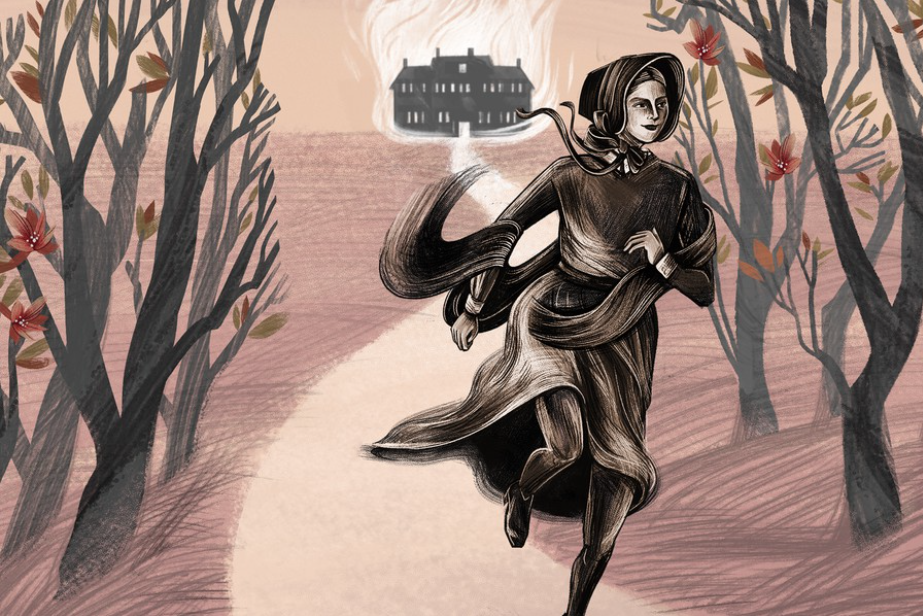One of the most enduring literary characters of the Victorian era – or any other era – will be brought to life with a modern, feminist touch by one of Canada’s most imaginative playwrights when Erin Shields’ readaptation of Jane Eyre premieres at the Citadel Theatre this weekend.
The titular character has been the protagonist of dozens of adaptations across all mediums including film, radio, television and theatre, since Charlotte Brontë’s iconic 1847 novel, published under the pseudonym Currer Bell.
Brontë’s bildungsroman of the headstrong, acerbic governess was ahead of its time with a first-person narrative that foreshadowed the prose of the likes of Marcel Proust and James Joyce, and was a world apart from the high society characters of her literary predecessor, Jane Austen.
When asking Shields, who won the Governor-General’s award for her 2011 play If We Were Birds, what drew her into the character, and its relevance in the current time, she had a simple answer, “Because Jane Eyre is amazing!”
She added, “What’s so great about Jane is that she’s got her own moral compass. And she’s very true to that moral compass, despite the way she’s been treated. Firstly, by her aunt and her cousins, and then she’s in an awful boarding school (Lowood Institution), and even by her true love, Rochester. But she sticks true to her own self, and pushes forward, which I really admire.
“In the novel she’s described as being plain, and little…she’s not a supermodel and doesn’t have a lot of money. By all measures, she has very little power and still manages to assert her will. The hand that you can be dealt in the world can be very little, and yet you can still live according to your own moral compass.”
The Montreal-based playwright’s résumé includes award-winning adaptations of classics such as John Milton’s Paradise Lost and Henrik Ibsen’s The Lady from the Sea.
Asked if tackling such an iconic literary character is challenging or liberating, she says, “I think it’s reassuring to know that there have been so many adaptations, because you’re like, wow, there are other people who are really drawn into this is character. But I don’t think I would have done it if I didn’t think there was something that I could bring to it in our particular context and audience,” she said.
